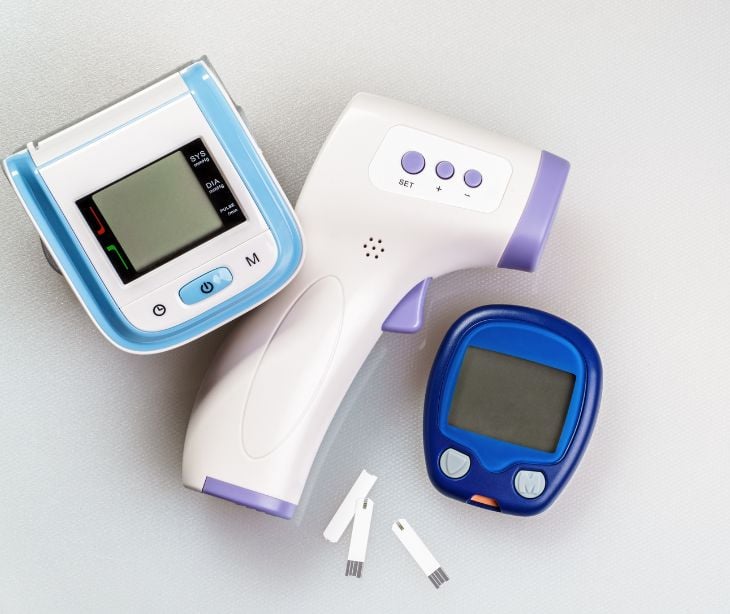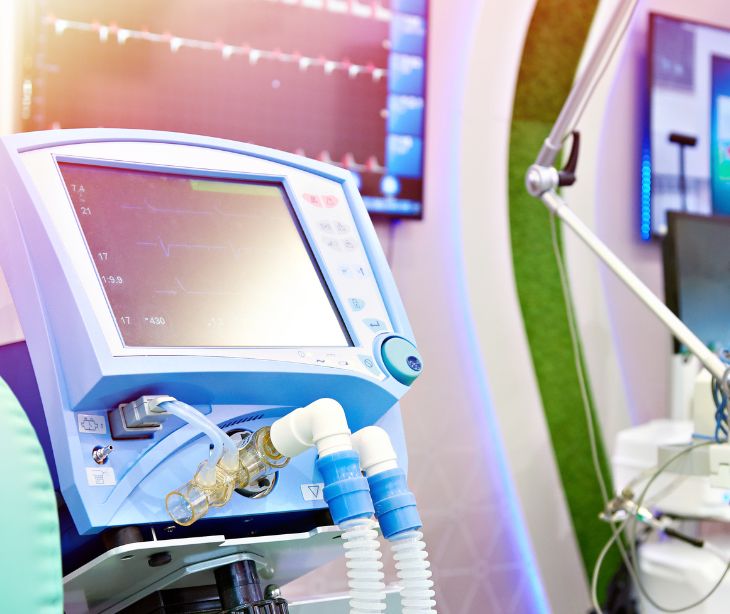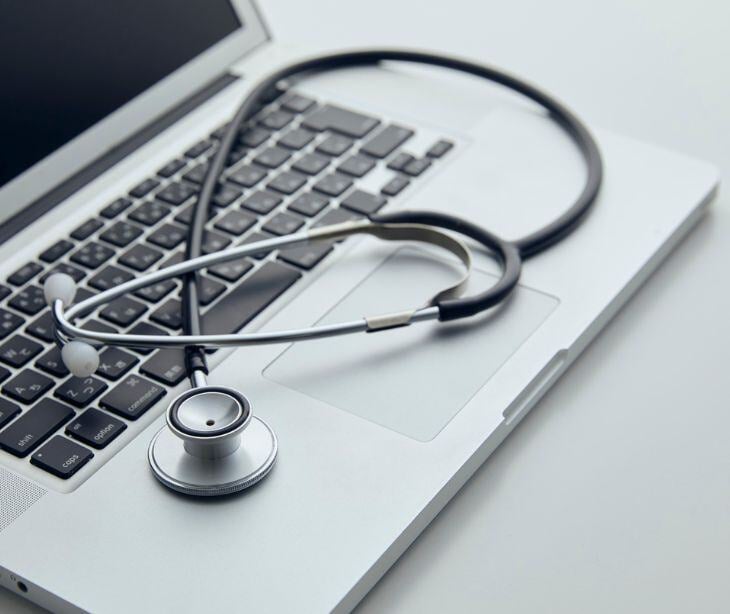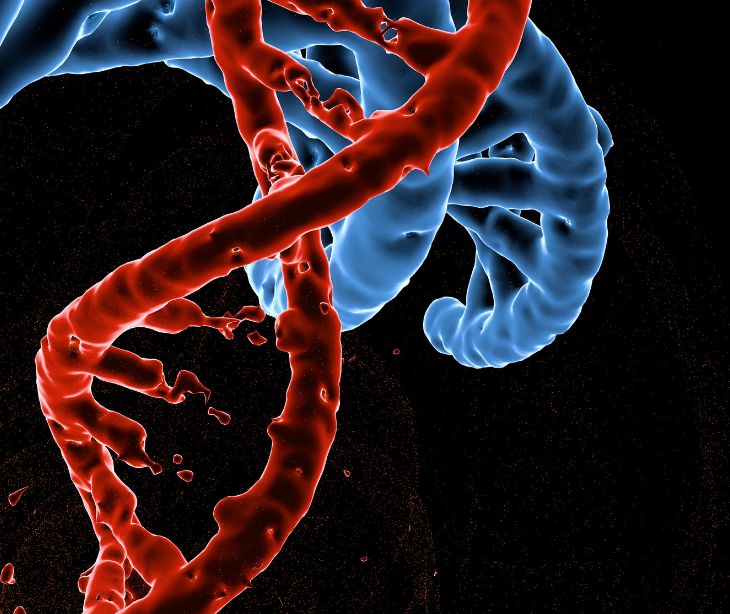
The healthcare industry increasingly relies on medical devices to improve patient care and outcomes. However, with the rapid advancement of technology, ensuring the security and privacy of patient data has become a top priority.
Understanding FDA regulation of medical devices
The Food and Drug Administration (FDA) regulates medical devices to ensure their safety and effectiveness. The FDA classifies medical devices into three categories based on their level of risk. Each class has different regulatory requirements that manufacturers must comply with before their devices can be marketed.
Class I medical devices
Class I devices are considered low-risk and are subject to general controls to ensure their safety and effectiveness. General controls include adherence to labeling requirements, good manufacturing practices, and proper device registration with the FDA.
Class II medical devices
Class II devices are moderate-risk devices that require special controls in addition to general controls. Special controls may include performance standards, post-market surveillance, patient registries, and FDA guidance documents.
Class III medical devices
Class III devices are considered high-risk and are subject to the most stringent regulatory requirements. Manufacturers of Class III devices must submit a premarket approval application to the FDA, which includes clinical data demonstrating the device's safety and effectiveness.
Read also: HIPAA and the FDA: Regulating privacy in medical health apps
HIPAA compliance for medical devices
In addition to FDA regulations, medical device manufacturers must also comply with the Health Insurance Portability and Accountability Act (HIPAA) to protect patient privacy and ensure the security of electronic protected health information (ePHI). HIPAA compliance is necessary for any organization that handles ePHI, including medical device manufacturers.
According to the FDA, the basic regulatory requirements that manufacturers of medical devices distributed in the U.S. must comply with are:
- Establishment registration
- Medical device listing
- Premarket notification
- Investigational device exemption for clinical studies
- Quality system regulation
- Labeling requirements
- Medical device reporting
Read more: What is ePHI?
Understanding HIPAA
HIPAA is a federal law that sets standards for the privacy and security of individually identifiable health information. The law includes provisions that govern the use, disclosure, and protection of ePHI by covered entities, such as healthcare providers, health plans, and healthcare clearinghouses.
HIPAA security rule
The HIPAA security rule establishes standards for the security of ePHI held or transmitted by electronic media. Medical device manufacturers are considered business associates under HIPAA and must implement administrative, physical, and technical safeguards to protect ePHI.
Business associate agreements
Medical device manufacturers must enter into business associate agreements (BAAs) with covered entities to outline each party's responsibilities regarding HIPAA compliance. BAAs specify the safeguards and procedures that the business associate will implement to protect ePHI.
HIPAA breach notification rule
Under the HIPAA breach notification rule, medical device manufacturers are required to notify affected individuals, the Secretary of Health and Human Services, and, in some cases, the media, in the event of a breach of unsecured ePHI.
Read more: A guide to HIPAA's rules
Achieving HIPAA compliance for medical devices
Achieving HIPAA compliance for medical devices requires an approach that addresses both FDA regulations and HIPAA requirements. Here are some steps that medical device manufacturers can take to ensure compliance:
- Conduct a risk assessment: Begin by conducting a thorough risk assessment to identify potential vulnerabilities and risks to the security and privacy of ePHI. This assessment should include an evaluation of the physical, technical, and administrative aspects of your organization's operations.
- Develop policies and procedures: Develop policies and procedures that address the requirements of both FDA regulations and HIPAA. These policies should cover areas such as device security, data encryption, access controls, and incident response.
- Train employees: Provide training to all employees on the importance of HIPAA compliance and the specific policies and procedures that they need to follow. This training should be ongoing to ensure that employees stay up to date with the latest regulations and best practices.
- Implement technical safeguards: Implement technical safeguards to protect ePHI stored or transmitted by your medical devices. This may include encryption, access controls, audit controls, and regular system updates and patches.
- Establish a business associate agreement: Enter into business associate agreements (BAAs) with covered entities that you work with. These agreements should outline each party's responsibilities regarding HIPAA compliance and the specific safeguards that will be implemented.
- Conduct regular audits and assessments: Regularly audit and assess your organization's HIPAA compliance to identify any gaps or areas for improvement. This may involve both internal audits and external reviews by third-party experts.
- Respond to incidents: Develop an incident response plan that outlines the steps to be taken in the event of a security incident or breach. This plan should include procedures for investigating, containing, and mitigating the impact of incidents.
- Stay informed: Stay up to date with the latest changes and updates to FDA regulations and HIPAA requirements. This can be done by subscribing to relevant industry newsletters, attending conferences and webinars, and participating in industry discussions.
FAQs
Do medical device manufacturers need to comply with both HIPAA and FDA regulations?
Yes, medical device manufacturers are required to comply with both HIPAA and FDA regulations. They must ensure that their devices meet FDA's safety and effectiveness standards and also adhere to HIPAA's privacy and security rules when handling protected health information.
How does the FDA regulate medical devices in terms of patient privacy and data security?
The FDA focuses on the safety and performance of medical devices, including cybersecurity and data privacy considerations. It requires medical device manufacturers to implement measures to protect patient data and ensure the security of medical devices, especially those connected to networks or other devices.
What should healthcare providers and covered entities consider when using medical devices in terms of HIPAA compliance?
Healthcare providers and covered entities should ensure that the use of medical devices complies with HIPAA regulations, especially when these devices involve the collection, storage, or transmission of protected health information. They must also consider the security and privacy implications of integrating medical devices into their health IT systems.
Subscribe to Paubox Weekly
Every Friday we bring you the most important news from Paubox. Our aim is to make you smarter, faster.




